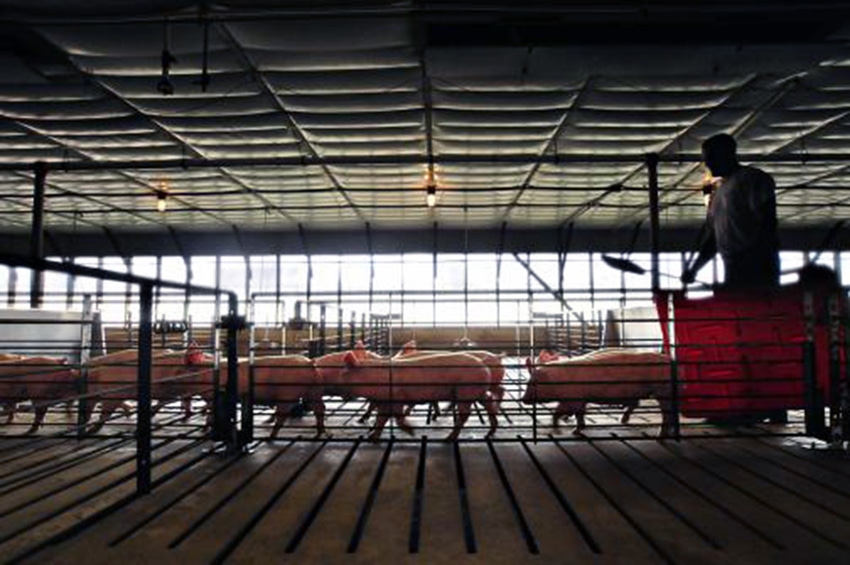Proudly wear the label of ‘caregiver’
Livestock producers are getting caught in the battle of words and labels.

I’ve never been a fan of labels.
I’ve been accused of being a liberal; I’ve been accused of being a conservative. The farming operation that I grew up on was considered big. The later evolution of it was probably considered a factory farm. Though I don’t like the term, I always considered that family farm to be sustainable — my family sustained a pretty good living from that farm. It stayed that way until last fall when my brother decided it was time to hang up his farming hat and rent out the ground.
All of the labels listed above are subjective: if I lean more to the left than you, I’m liberal. If you’re way to the left, and I’m not that far, then I’m conservative. If I have one more acre or more one hog than you, then my farm is too big. You get the idea; you make a label to suit your needs and discredit any and all who stray from your narrow ideals. Anyone or anything not in the same camp as you is bad.
In today’s world of the consumer always being right, and thus the retailer serving said customer is also always right. Livestock producers are getting caught in this battle of words and labels. People are concerned about how their food is being raised, as they should be. I’m concerned about how my food is raised.
Retailers, through concerns of their consumers, are dictating how livestock producers can raise their animals. The problem is that all too many of today’s consumers are stuck in an American Gothic, Norman Rockwellian world, where animals should be raised outdoors, deep bedded in straw and can wallow in mud. Consumers who see or hear of livestock living in any other type of facility feel that the animals are being raised inhumanely. Again another label — just because an environmentally controlled barn does not fit the neat little mold that consumers want in their perfect world.
All hog producers, regardless of the facilities on their farm, had better be raising their livestock humanely. If you are not raising your livestock humanely, they will not produce for you. If they don’t produce for you, you will not be a business very long.
Producers facing the potential that Hurricane Irma will bring flooding and devastation to their areas are of course concerned about their families’ safety. But they are also concerned about the safety and well-being of their livestock.
Hopefully, Irma loses her power and will not devastate the United States as she has the Caribbean region, but we know that hog producers who state in the potential path will be prepared. Last fall when Hurricane Matthew came ashore with flooding and other damage, hog producers made sure that their families were safe. But they also made sure that the livestock under their care were safe; safe inside their confinement barns, in conditions that are far more humane than letting the hogs live outside to try their best to withstand what Mother Nature dealt out.
One label that U.S. hog producers can all fall under is that of “caregiver,” following the We Care principles stressing the industry’s values in food safety, animal well-being, worker safety, community outreach and protection of both the environment and public health.
About the Author(s)
You May Also Like



